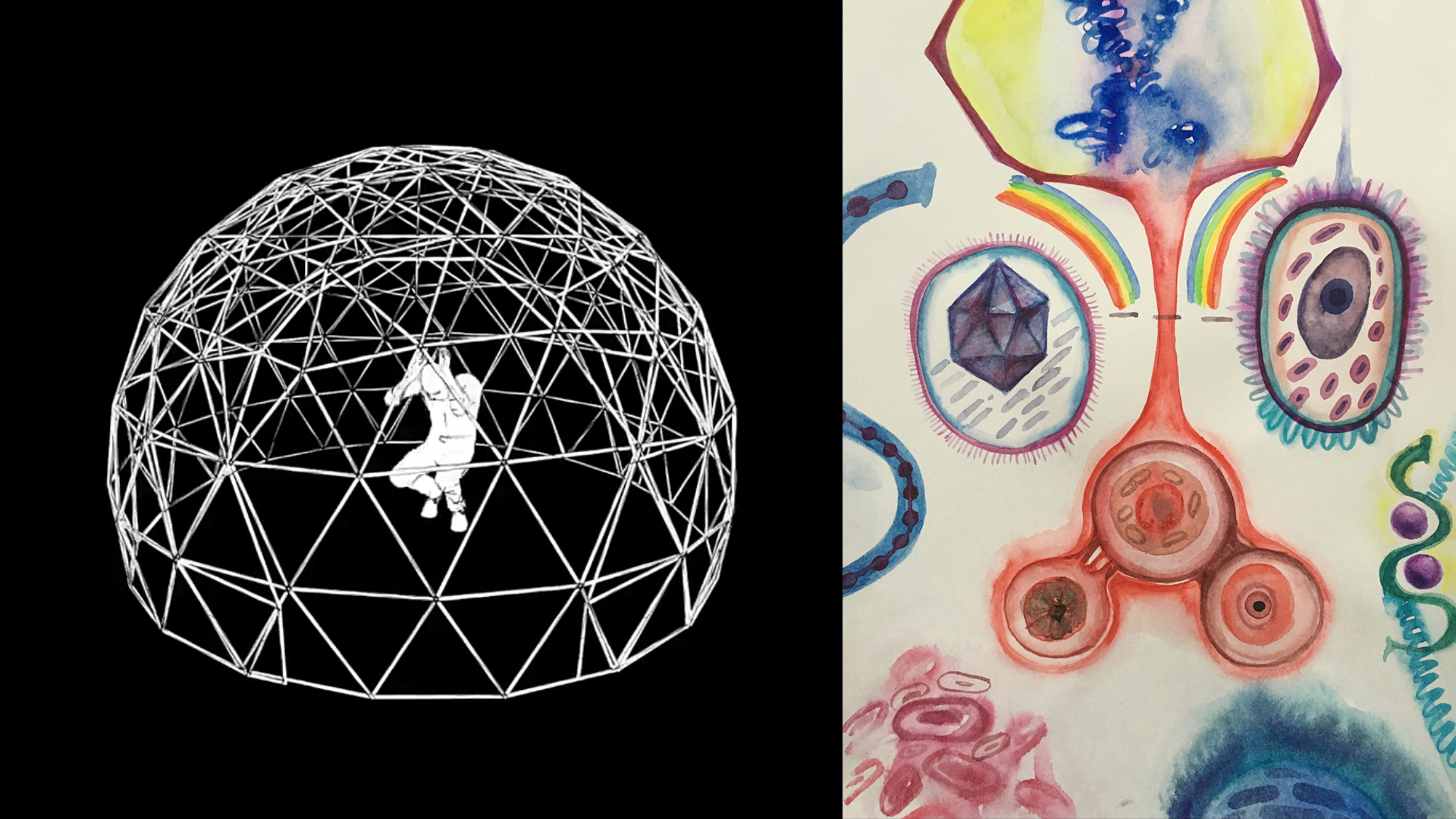When: August 5th to 23rd, 2020
Where: Saint Petersburg (Rosa House of Culture, Borey Art Center, SDVIG (Studio of Performative Arts), Yegorka communal gallery, Street University, Parasite art gallery, Assembly, 4413 space) among other places/states of soul
Initiative and score by Chto Delat and other tender mutants of care
Artists: Anna Averyanova, Daniel G. Andújar, Babi Badalov*, Lada Baricheva, Zoe Beloff, Alice Creischer, Etcétera…*, Glyuklya Natalya Pershina, Nikita Kadan*, Krёlex zentre, Georgy Mamedov, Victoria Lomasko, Nada Prlja, Roman Os’minkin, Performative Drawing Studio (Rena Raedle & Vladan Jeremic), Alena Petite, Party of the Dead, Piotr Prinev, Laure Prouvost, Roee Rosen, Andrey Rudyev, Nataly Rybalko, Christoph Schäfer, Mladen Stilinović*, Joulia Strauss, Haim Sokol, Schwabinggrad Ballett/Arrivati, Anna Tereshkina, Society of the Friends of the Virus, Anastasia Vepreva, Jaśmina Wójcik and Jakub Wróblewski, Queer Affinity Group, WRONG NINNA NANNA (Franco Bifo Berardi, Marco Bertoni, feat. Lydia Lunch) and pandemic open source viral images archive
* marked artistic works are realized within a protocol of intimate re-interpretation from their original forms
Sound performances: Starost (Moscow) and Studio of Unconscious Music (Saint Petersburg)
Pedagogies: School of Mutation (Russian platform of the educational program of Institute of Radical Imagination) coordinated by School of Engaged Art, Saint Petersburg
Solidarity: UNION – a network in defense of the rights of cultural workers in Russia;
OVD-Info – information and legal support of people prosecuted in Russia
Egormarka – a local mutual aid off-market artist initiative
left: Daniel G. Andújar, “Social Distancing. Distancia Social. Bad Dreams”, 2020, Video, 1min 00sec
right: Lada Baricheva, from the series “Post-soviet Science Esoterics”, 2020, watercolor on paper, 32x40cm
***
Are we preachers of despair? Are we preachers of despair or castaway trying to survive the shipwreck? Are we raising disquietude or inciting rebellion? Are we raising disquietude or learning how to breathe in the hell?
Franco Bifo Berardi
We have a situation here:
To everyone who shares the alarming uncertainty in the face of the current transformations of our common world, our bodies, our professional and personal future. To everyone who is interested in forming a new agency in a mysterious situation when we cannot find answers to simplest everyday questions.
This festival is conceived as a solidarity project by the community of cultural workers of St. Petersburg in dialogue with international comrades with whom we are sharing similar anxieties.
During our quarantine experience, we somehow got ourselves the “homework” to comprehend a phenomenon unknown to us, the meaning of which is unclear. And we thought that it makes sense to carry out these tasks together. This is how the idea of this anti-festival came about.
The pandemic situation has revealed new forms of necropolitics: in nursing homes, refugees camps, in prisons, behind closed doors, where there is no protection from domestic violence, in referendums and election in hassle, in mass impoverishment and growing inequality. Experimental management technologies, at the intersection of security, health care and police surveillance, determine (in the “penetration test” mode) an anthropological shift in politics.
On the other hand, not everything is so gloomy and this sudden half-suspension of production and consumption, the invention of grassroots forms of care for each other, the explosion of resistance to racism and social injustice, and the appeal to asceticism in culture and everyday life open the horizon of new opportunities, even in Russia, where the situation looks especially hopeless and seems deep frozen for the rest of Putin’s life.
Why going offline?
This is our central question to all participants who consciously choose to present their works in real spaces (indoor and outdoor). We definitely consider that in the current situation there is an incalculable risk for those who install, take care of the spaces and engage with the public. What does it mean that the places of culture keep their position as the safe semi-protected spaces meanwhile the masses of people are commuting in overcrowded public transport, doing all essential work to sustain the life and reproduction of communities? Is it a sign of conscious responsibility towards society or does it demonstrate a new division between the extra-safe zones of exclusive consumption of art and brutal tangibility of real life?
Can art and pedagogy develop new forms of urgent social binds which respect the life of community in its complexity? The existence and the rituals of “art and culture” are often evoked as some of the few self-evident justifications for our human existence, but nothing becomes self-evident anymore, and together we must find a new way how exhibition-making (which we love and miss a lot) and education processes could be realized despite growing pressure of necessity to hide behind the screens
On mutation:
Viruses mutate. The metaphor of mutation raises a number of new questions that should be taken in the broad context of a new bio-political regime: What is the nature of ecological and human mutations? How are they structured? How can we read and elaborate the language of mutation (we remember that art has also been a virus)?
We are looking for other forms of mutations: from individual to common, from forms of self-care to radical concern for the life of a community of people, nature and technology, and the ability to talk about this life in art.
***
With the support of Rosa Luxemburg Foundation (Moscow Branch), Foundation for Arts Initiatives and Chto Delat Mutual Aid Fund.
Executive partner: The Creative Association of Curators TOK
Information support: Sigma









